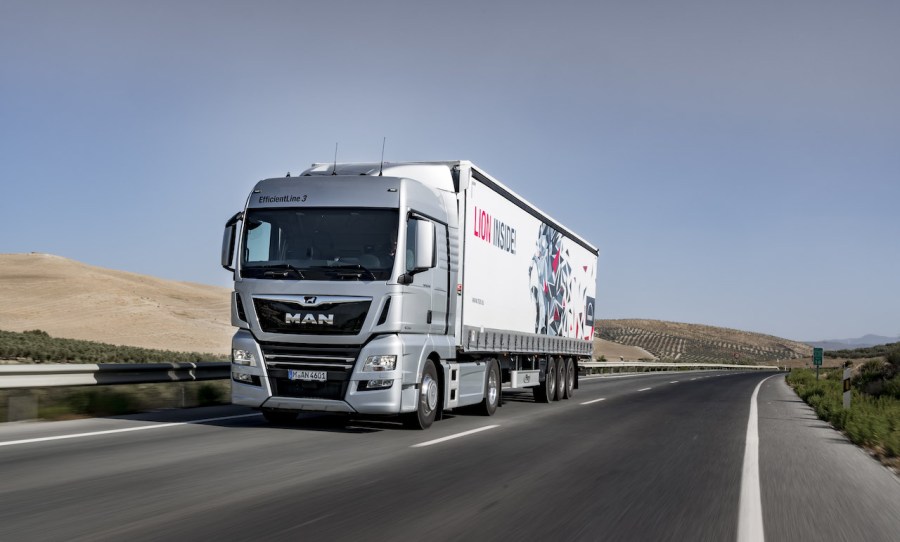Hauliers anticipate 15 per cent of their current HGV driver vacancies will not be filled due to the nationwide skills shortage, according to a worrying new report.
The 2019 Logistics Report, launched by the FTA in partnership with Santander Corporate and Commercial, polled the opinions of more than 500 freight and logistics businesses operating in the UK and internationally, to provide industry insight into the latest political and economic developments.
“The nationwide shortage of skilled logistics staff continues to blight the sector,” said Sally Gilson, head of skills campaigns at FTA.
“Respondents anticipate 15 per cent of current vacancies for HGV drivers will not be filled and for a further 36 percent of current vacancies, they anticipate a long delay to find the right candidate.”
“And it is not just HGV drivers,” she added. “Significant shortfalls of van drivers, warehouse staff, fitters, technicians and mechanics are also anticipated over the next 12 months.”
Gilson said an ageing workforce, competition for skilled staff and shifting migration patterns – in part in response to Brexit – mean the UK road transport industry is facing serious challenges in the recruitment and retention of labour for key logistics roles.
“After all, the average age of a HGV driver is 48 years, as found in the survey, and 13 per cent of HGV drivers working in the UK are EU nationals – their continued residency is not guaranteed post-Brexit,” she said.
To tackle the skills shortage, FTA said it was campaigning for unused Apprenticeship Levy funds to be utilised for more flexible training programmes, and for amends to the Future Immigration White Paper so non-UK logistics workers are welcomed in the UK, both before and after Brexit.
The report also found UK’s global competitiveness has “dropped significantly”, and investment in the UK’s transport and logistics infrastructure is “urgently required” to boost its attractiveness to international investors.
Furthermore, the survey indicated uncertainties surrounding Brexit are taking their toll on the industry, with 61 per cent of respondents saying this uncertainty is a barrier to the growth of their businesses internationally.






